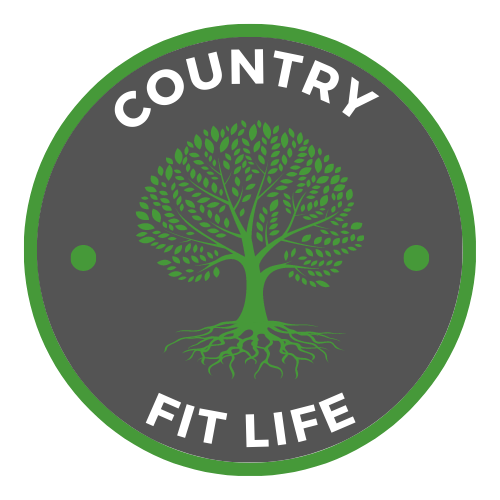So you have switched to a real foods diet but you are seriously constipated, what gives? Constipation can be just a temporary side-effect of the transition from a modern to a real foods diet. In the first few weeks of any new diet, particularly if that diet is a radical change from how you were eating before, it’s normal for your body to need some time to adjust. During the first week or so, give your body a chance to adapt and get used to its new fuel.
So what is constipation? Although constipation is a common term, from a medical perspective it’s hard to define precisely. The dictionary definition is: ‘A condition in which bowel emptying occurs infrequently or in which the stools are hard and small or where bowel movement causes difficulty or pain.’
Generally speaking, 1-3 times a day is ideal. Less than that means you’re constipated. However, it is possible to move your bowels every day and still be constipated if the stools are hard and difficult to pass.
So what can you do? This common side effect of a real foods diet can be combated with a few simple strategies.
Drink more water!
I know this sounds very obvious and not a amazing new piece of info but if you are dehydrated, chances are your poop will be, too. The general guidelines are ~33mL/kg of body weight. So, for example, if you weigh 60kg, your water intake should be ~2L/day, maybe more if you work out.
Add more Fats
This is the most common error we see with those eating a grain-free diet. After putting up a fight against giving up wheat they realign their fight towards fat. This is a great example of how the dieting word marketers have used the word fat against us. Fat is not only needed for hormones and cell walls, but it is also needed for good digestive motility. Make sure you are consuming enough fat with your meals, avocado, olive oil, coconut oil or include fatter cuts of meat.
Salt isn’t so bad after all
Salt has been given a bad name but we actually need it to live. When you switch to a real foods diet, processed sources of sodium are removed from the diet. This decrease in sodium consumption reduces the amount of sodium in the body. When there is not enough sodium available, the gut does not contract as effectively causing elimination to slow down. A simple fix for this problem is to season your food at each meal but not with normal table salt. Using Pink Himalayan sea salt is a great way to maintain this critical electrolyte balance and help ease constipation.
You can do a test to see if this will help your bowels – add a 1/2 teaspoon of Pink Himalayan sea salt to water in the AM and PM.
Magnesium can help
My favourite is magnesium , not only is it needed for over 300 enzymatic processes in our body, it’s a fantastic supplement as the majority of us are so depleted in it. Taking a magnesium supplement is a great way to help ease constipation. Magnesium helps to relax the intestinal smooth muscle and also pull water into the gut, encouraging easier motility. Take the magnesium before bed, since it has a calming effect and can make people sleepy, also taking it before bed can help ease constipation by morning.
Too low carb?
Low carb diets can cause constipation in some people. If you have constipation, there appears to be a carbohydrate sweet spot between 75 and 150 grams a day. Try adding half a sweet potato to your dinner meal and observe the results. Make sure you get those additional carbs from glucose, not fructose. Fructose intolerance is itself a fairly common cause of bloating and constipation, and you definitely don’t want to cause another problem while fixing the one you have.
Remember your Prebiotics and Probiotics
Did you know 50-80% of your poop is made up of bacteria? The health of the gut microbiome is critical for proper elimination. If you are transitioning to real food diet, taking a probiotic supplement like prescript assist can improve your gut health and elimination. Also, including prebiotic foods that are high in soluble fiber, such as cruciferous vegetables, sweet potatoes, onions, leeks and garlic is critical to feeding the healthy bacteria.
Another addition that can help is fermented vegetables like sauerkraut, Kombucha and kimchi.
Final notes,
By implementing these simple strategies, you can stop constipation and start thriving on a real foods diet. Please however take it slow, I want you to understand how these ideas affect your health. I want you to tune in with your body and get feedback from it, indicating what works for you. Therefore, please don’t try all of these ideas in one day or even one week.
Work with Emma-Louise
Interested in receiving one-on-one support? I currently work with a select number of clients each month interested in nutritional therapy.


